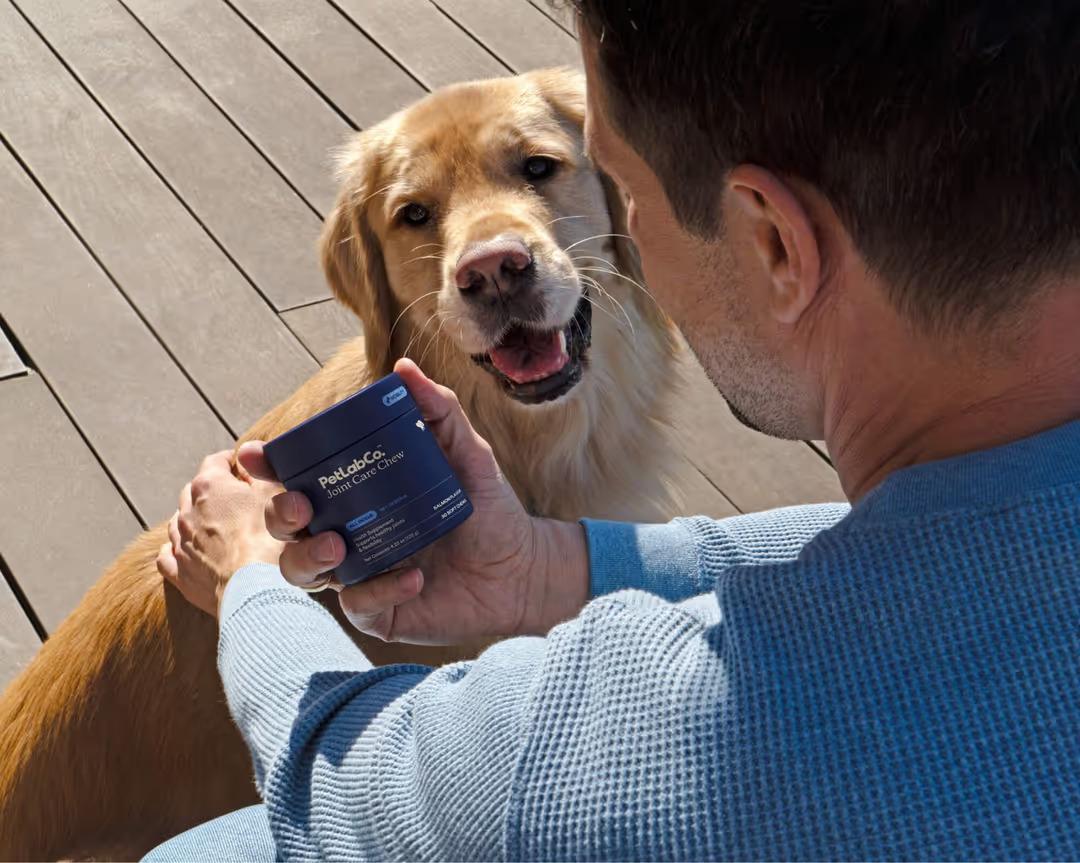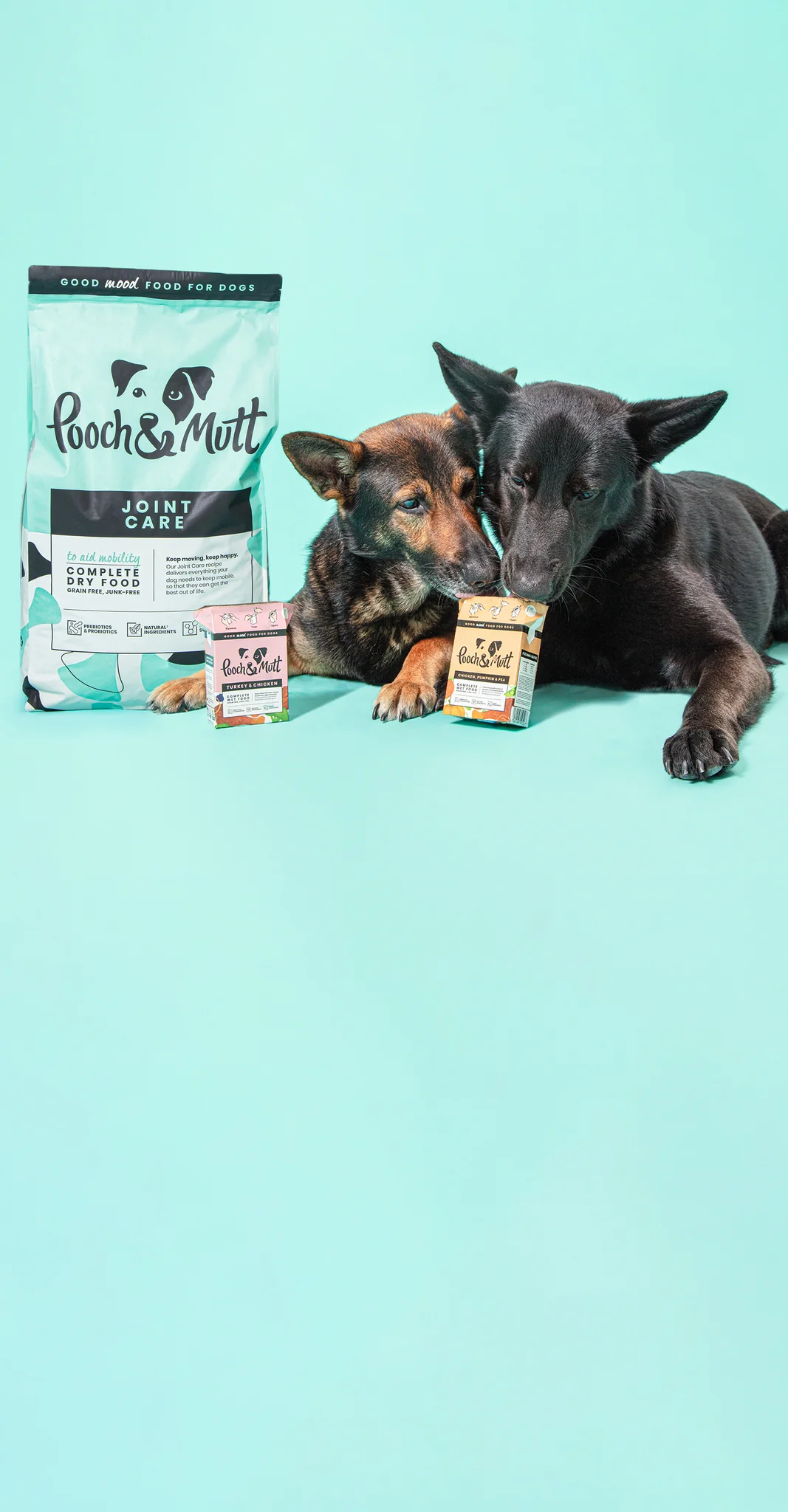Home
Pet
Direct-to-consumer (DTC) pet brands have carved out a significant niche in the pet care industry, offering tailored products and services to pet owners. BarkBox, for instance, is a subscription-based DTC brand that delivers a curated selection of toys and treats to pet owners each month. Chewy provides a wide range of pet products delivered to customers' doors, prioritizing convenience. What sets DTC pet brands apart is their focus on personalized, high-quality pet care. They often leverage data and customer feedback to create products tailored to specific pet needs. Additionally, their subscription models and online platforms simplify pet care for busy owners. By eliminating the middleman and connecting directly with consumers, DTC pet brands can provide better value, convenience, and customer-centric experiences, making them vital players in the pet care landscape.

Fi develops high-tech smart collars for dogs that provide real-time GPS tracking and activity monitoring to keep pets safe and healthy. Designed for durability and long battery life, Fi collars help owners stay connected to their dogs wherever they are. The platform also includes a mobile app for detailed insights into movement, sleep patterns, and alerts for unexpected location changes.

PetLab Co. creates premium pet supplements and health products designed to support dogs’ overall wellness, including joint care, dental hygiene, gut health, and skin maintenance. With a science-backed approach and high-quality ingredients, the brand focuses on improving pets’ quality of life through daily nutritional support.

Pooch & Mutt is a health-focused pet brand that creates natural dog food, treats, and supplements formulated to support digestive health, behavior, mobility, and overall wellness. Their range includes functional recipes tailored to specific needs such as calming, gut support, and skin health. With an emphasis on high-quality ingredients and science-backed formulations, the brand helps pet owners improve their dogs’ long-term wellbeing.
In the growing direct-to-consumer (D2C) pet market, the brands that truly stand out are those that deeply understand the bond between pets and their owners. A key factor for success in this niche is offering high-quality, safe, and innovative products that cater to the health and well-being of pets. According to a report by Grand View Research, the global pet care market size was valued at USD 232.3 billion in 2020 and is expected to grow, reflecting the increasing demand for premium pet products. The most successful D2C pet brands tap into this trend, offering everything from nutritious pet foods and treats to toys and accessories, often focusing on organic, natural ingredients and sustainable practices.
For eCommerce managers and SaaS professionals in the pet industry, leveraging technology for personalized customer experiences is crucial. Advanced data analytics tools are used to understand pet owner behaviors and preferences, enabling brands to offer personalized product recommendations and tailor their marketing strategies. Also, effective use of social media and content marketing helps these brands connect with pet owners, building a community around shared interests and values. The leading D2C pet brands combine a passion for pet wellness with a savvy use of technology, creating a strong emotional connection with their customers while also ensuring convenience and reliability in their offerings.
A successful Direct-to-Consumer (DTC) pet brand distinguishes itself by deeply understanding the unique needs and preferences of pets and their owners, delivering products and services that enhance the lives of both. The pet industry is vast, encompassing food, toys, health products, services, and more. Despite the diversity of products and services within this sector, there are several key elements that successful DTC pet brands have in common:
The cornerstone of a successful DTC pet brand is the quality and safety of its products. Pet owners are increasingly discerning about what they purchase for their pets, seeking products that are safe, healthy, and made from high-quality materials or ingredients. Whether it's organic pet food, durable toys, or effective grooming products, ensuring safety and quality is paramount.
Successful pet brands have a deep understanding of the needs, behaviors, and preferences of pets and their owners. This knowledge allows them to design products and services that solve real problems, enhance the pet care experience, and foster a stronger bond between pets and their owners.
Authenticity resonates strongly with pet owners. A brand that shares genuine stories about its founding, mission, and values can create a powerful emotional connection with its audience. Many successful DTC pet brands are built on a foundation of love for animals, a commitment to pet welfare, or a personal story of a pet's impact on its owner's life.
Creating a sense of community among pet owners can significantly boost a brand's success. Engaging with customers through social media, forums, and events, as well as encouraging them to share their own stories and experiences, can foster a loyal customer base and turn customers into brand advocates.
Innovation and customization are key differentiators in the pet industry. From customizable pet food subscriptions to innovative toys that keep pets entertained, offering unique products that can be tailored to individual pet needs helps a brand stand out in a crowded market.
Sustainability and ethics are increasingly important to consumers, including pet owners. Successful DTC pet brands often emphasize eco-friendly practices, humane treatment of animals, and ethical sourcing of materials and ingredients.
A seamless, intuitive online shopping experience is critical for DTC brands. This includes an easy-to-navigate website, clear product information, and a hassle-free purchase and return process. Many pet owners value the convenience of online shopping, and a positive online experience can lead to repeat purchases.
Excellent customer service that addresses the unique questions and concerns of pet owners can significantly enhance a brand's reputation. Personalized advice, quick response times, and a friendly, knowledgeable customer service team can make all the difference.
Providing valuable content that educates pet owners on health, nutrition, behavior, and care can establish a brand as a trusted authority in the pet industry. This can include blog posts, videos, and social media content that offer tips, advice, and insights for pet owners.
The ability to adapt to changing market trends, customer feedback, and the evolving needs of pets and their owners is crucial for long-term success. Successful DTC pet brands are responsive to feedback, agile in their operations, and always looking for ways to improve their products and services.
Farmer's Dog has carved out a niche in the market with its fresh, human-grade dog food. What sets this brand apart is their commitment to quality and transparency. They offer personalized meal plans tailored to each dog's specific dietary needs, age, and health goals, ensuring a balanced and nutritious diet. This approach has resonated well with pet owners who are increasingly concerned about the health and well-being of their pets. Farmer's Dog’s use of fresh, simple ingredients, combined with the convenience of home delivery, has made them a favorite among dog owners seeking healthier food options for their furry friends.
Smalls, on the other hand, has made a significant impact in the cat food market. They specialize in high-quality, human-grade food for cats, focusing on fresh, minimally processed ingredients. Smalls’ approach to feline nutrition is comprehensive, offering a range of recipes to suit different tastes and dietary requirements. Their subscription-based model, which delivers fresh food straight to the customer's door, adds an element of convenience that cat owners appreciate. By prioritizing the health and happiness of cats through their carefully crafted meals, Smalls has established itself as a leading brand in the D2C cat food space.